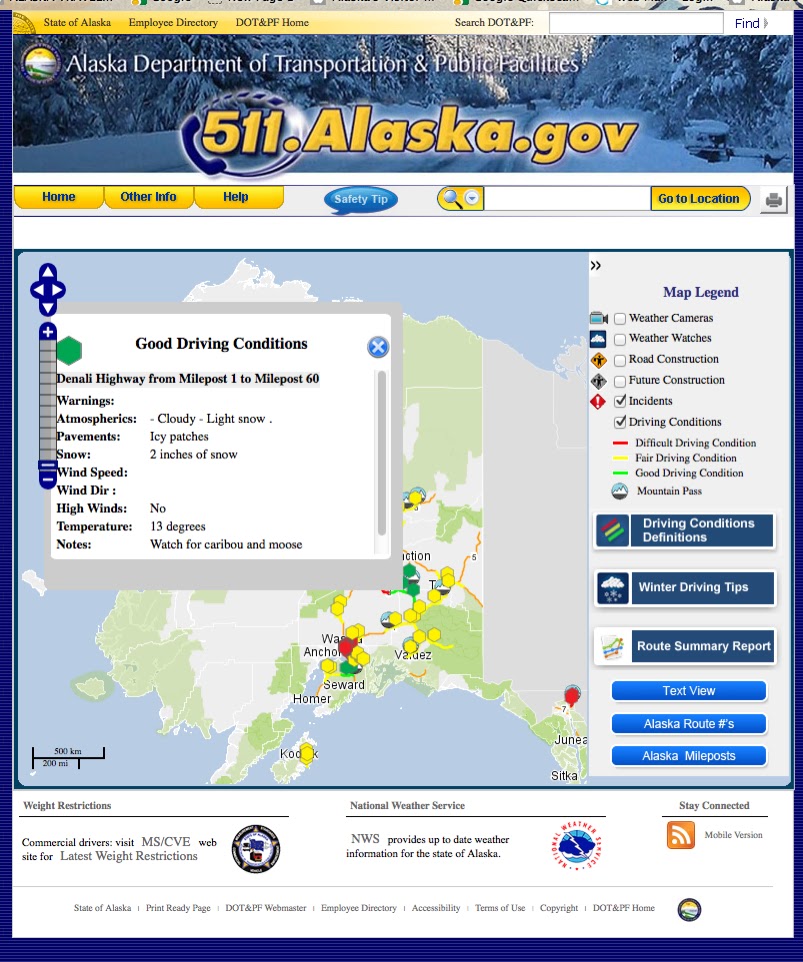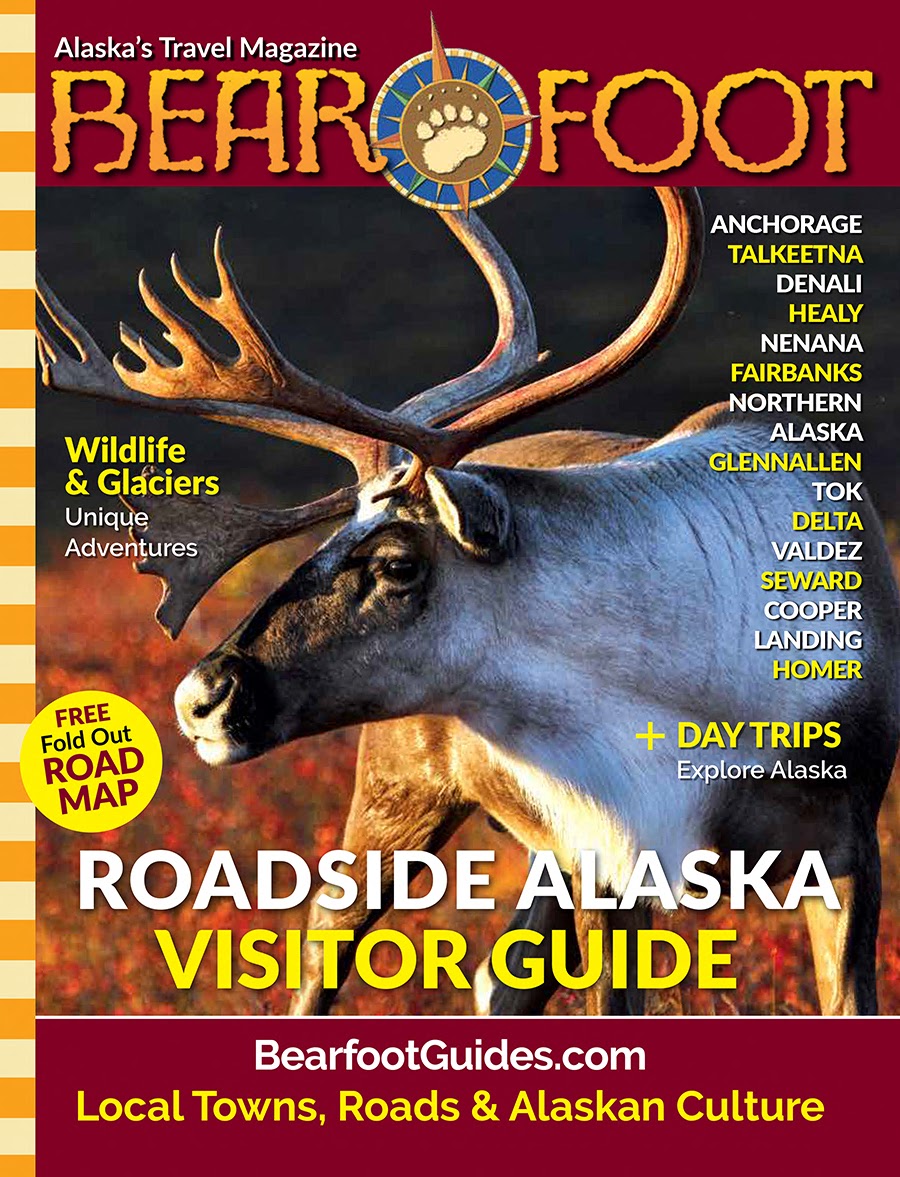Park Ranger Association Says New Law Enforcement Vacancies Probably Won't Be Filled
Fewer Law Enforcement Rangers in National Parks is Likely for the Next Two Years, Says Association Of Park Rangers Training Classes Are Can...
Fewer Law Enforcement Rangers in National Parks is Likely for the Next Two Years, Says Association Of Park Rangers
September 23rd, 2025
By Bill Wade, Executive Director of Association of National Park Rangers
In addition to a number of already vacant Natonal Park Service (NPS) law enforcement park ranger positions, any new vacancies are likely to go unfilled for the next two years.
Newly hired law enforcement park rangers typically attend the 13-week training program at the Federal Law Enforcement Training Center (FLETC) in Brunswick, Georgia, to become “commissioned.”
However, it has been announced that all classes that would have been available to new NPS rangers have been cancelled for the next two years. Instead, those classes are to be filled with ICE agents being trained to meet the Trump administration’s increase of 16,000 new agents.
What does this mean for visitors to parks and to those parks themselves? Bill Wade, Executive Director of the Association of National Park Rangers (ANPR), said, “Park visitors who experience problems, such as having their cars broken into in campgrounds or at trailheads, or have accidents or sustain injuries, can expect a slower response by park rangers.” Wade went on to say, “Moreover, law enforcement park rangers usually are the first responders to emergencies, such as lost persons, rescues, medical emergencies and fires. With fewer of these park rangers, responses to these emergencies could be delayed, making the potential consequences much more serious.”
Mike Pflaum, President-Elect of ANPR and a former park superintendent, said, “This situation causes me great concern about the capability of parks to protect their natural or cultural resources. Fewer rangers to patrol, both the front country and the back country in parks can result in increased vandalism, more looting or pothunting in historical or archaeological parks, more poaching in many parks and more impairment to historic structures or natural features.”
Wade summarized the problem by saying, “The national parks represent our nation at its best – but they’ve never been more at risk. Fewer law enforcement rangers just adds another level of destruction to the ongoing demolition of the National Park Service.”
In addition to a number of already vacant Natonal Park Service (NPS) law enforcement park ranger positions, any new vacancies are likely to go unfilled for the next two years.
Newly hired law enforcement park rangers typically attend the 13-week training program at the Federal Law Enforcement Training Center (FLETC) in Brunswick, Georgia, to become “commissioned.”
However, it has been announced that all classes that would have been available to new NPS rangers have been cancelled for the next two years. Instead, those classes are to be filled with ICE agents being trained to meet the Trump administration’s increase of 16,000 new agents.
What does this mean for visitors to parks and to those parks themselves? Bill Wade, Executive Director of the Association of National Park Rangers (ANPR), said, “Park visitors who experience problems, such as having their cars broken into in campgrounds or at trailheads, or have accidents or sustain injuries, can expect a slower response by park rangers.” Wade went on to say, “Moreover, law enforcement park rangers usually are the first responders to emergencies, such as lost persons, rescues, medical emergencies and fires. With fewer of these park rangers, responses to these emergencies could be delayed, making the potential consequences much more serious.”
Mike Pflaum, President-Elect of ANPR and a former park superintendent, said, “This situation causes me great concern about the capability of parks to protect their natural or cultural resources. Fewer rangers to patrol, both the front country and the back country in parks can result in increased vandalism, more looting or pothunting in historical or archaeological parks, more poaching in many parks and more impairment to historic structures or natural features.”
Wade summarized the problem by saying, “The national parks represent our nation at its best – but they’ve never been more at risk. Fewer law enforcement rangers just adds another level of destruction to the ongoing demolition of the National Park Service.”

















